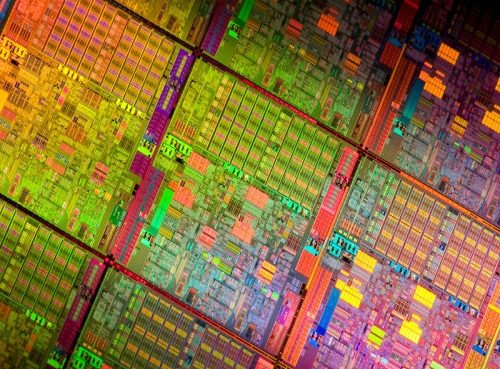There are indications that only two per cent of Nigerian heavy energy users, especially those in the industrial sector, are investing towards reducing Co2 emission as most of them are focused on boosting their profit margins.
Indeed, foreign investors are worried that many Nigerian companies are not contributing so much to reducing carbon emission as practiced in other climes.
Speaking on the sidelines of the fifth Manufacturers Association of Nigeria (MAN) energy efficiency network meeting jointly hosted by the European Union and GIZ in Lagos, the Quality, Health and Safety Environment (QHSE) Manager, Uraga Power Solutions Limited, a subsidiary of Honeywell Group, Adeyemi Akolade, said while the percentage is speculative without supporting data, a larger percentage of Nigerian companies are not aware of Co2 reduction.
In his words: “This is why GIZ is organising this event to talk about renewable energy and Co2 reduction. A very good example is the kind of vehicles we have in the country, as they are still not electronically controlled injector kind of vehicles but mechanical injectors.
“Many companies and countries of the world have gone ahead running their cars on alternative energy, so these things are just coming into Nigeria and if you look at the percentage, only one or two per cent of the industries in the country are actually investing in Co2 reduction.
“I think it is a good one that we have GIZ here today trying to sensitise big companies and if these big companies can buy into this idea, they can spread good news to other companies and with that, the issue of preaching Co2 reduction will no longer be a problem.”
On his part, the Advisor on Energy Management, Nigeria Energy Support Programme (NESP), Joshua Garba, said the partnership with MAN is aimed at fostering investments in renewable energy and energy efficient and rural electrification.
“We are sensitising industries because most of the companies were established for businesses, but not established to reduce Co2 emissions, they were not established to reduce energy consumption, but established for profitability,” he added.
According to him, what is lacking is the fact that most of the companies are not aware of the huge amount of energy wastes they incur and the impact Co2 emissions have on the environment.
“What we do at NESP is to support them to at least reduce about 15 per cent of their energy consumption because it also has an impact on Co2 emissions. We are supporting them to achieve this objective and from what we are seeing today, the companies are doing more than what we even imagined,” he said.
Earlier, a Senior Research Economist, Manufacturers Association of Nigeria (MAN), Omojolaibi, Yinka, said the meeting was to gather key players that have invested in efficient energy networks to share their experiences on how energy efficiency had reduced their cost of operations.
“We know that energy is a major cost which leads to high cost of production in the country where almost 40 per cent of the cost of production is spent on energy,” she added.










